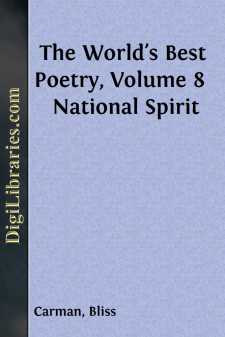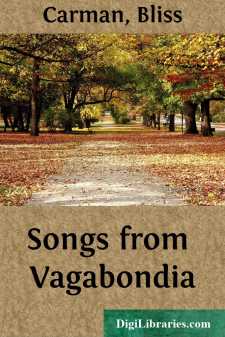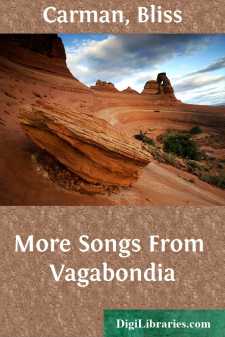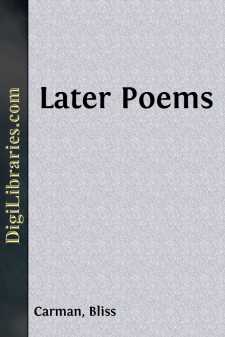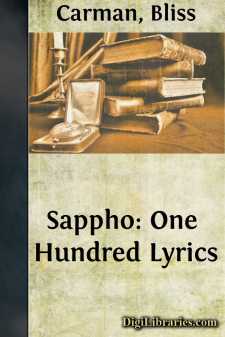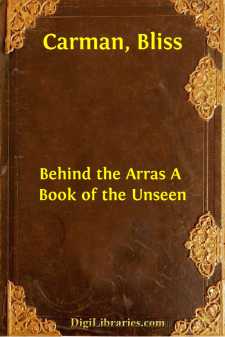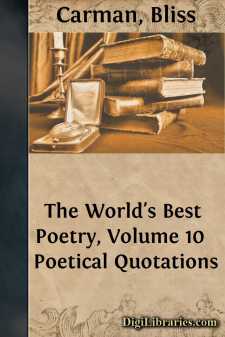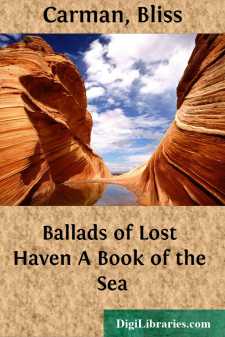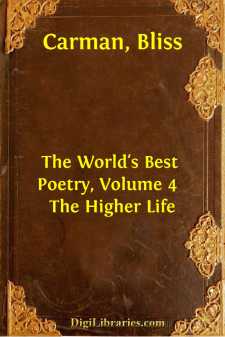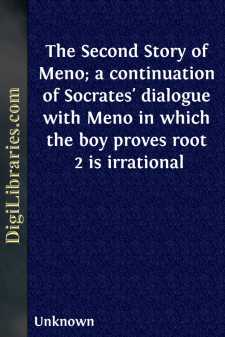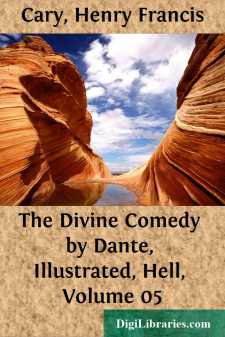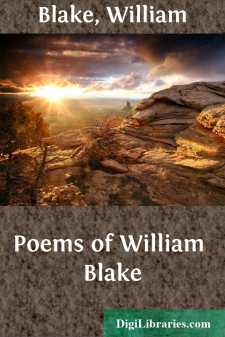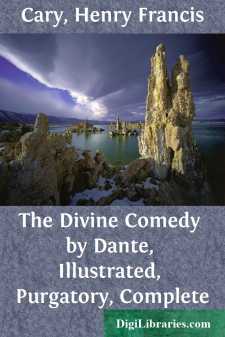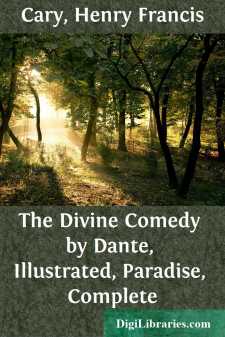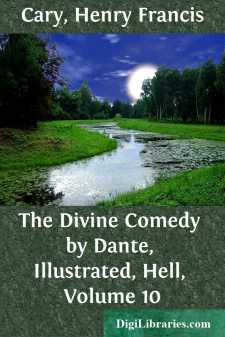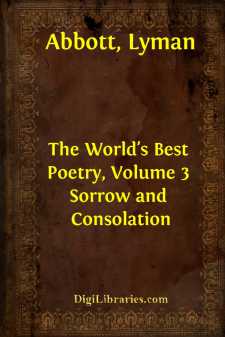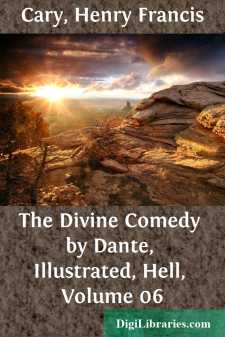Categories
- Antiques & Collectibles 13
- Architecture 36
- Art 48
- Bibles 22
- Biography & Autobiography 815
- Body, Mind & Spirit 144
- Business & Economics 28
- Children's Books 18
- Children's Fiction 14
- Computers 4
- Cooking 94
- Crafts & Hobbies 4
- Drama 346
- Education 58
- Family & Relationships 59
- Fiction 11833
- Games 19
- Gardening 17
- Health & Fitness 34
- History 1378
- House & Home 1
- Humor 147
- Juvenile Fiction 1873
- Juvenile Nonfiction 202
- Language Arts & Disciplines 89
- Law 16
- Literary Collections 686
- Literary Criticism 179
- Mathematics 13
- Medical 41
- Music 40
- Nature 179
- Non-Classifiable 1768
- Performing Arts 7
- Periodicals 1453
- Philosophy 65
- Photography 2
- Poetry 896
- Political Science 203
- Psychology 44
- Reference 154
- Religion 515
- Science 126
- Self-Help 85
- Social Science 82
- Sports & Recreation 34
- Study Aids 3
- Technology & Engineering 59
- Transportation 23
- Travel 463
- True Crime 29
Our website is made possible by displaying online advertisements to our visitors.
Please consider supporting us by disabling your ad blocker.
The World's Best Poetry, Volume 8 National Spirit
by: Bliss Carman
Description:
Excerpt
THE STUDY OF POETRY.
BY FRANCIS HOVEY STODDARD.
Clever men of action, according to Bacon, despise studies, ignorant men too much admire them, wise men make use of them. "Yet," he says, "they teach not their own use, but that there is a wisdom without them and above them won by observation." These are the words of a man who had been taught by years of studiousness the emptiness of mere study. It does not teach its own usefulness, and gives its most important lesson if through it we learn that beyond lies a region from which may come a truer wisdom won by observation. This, when all is said, is the one great defect of any system of study, in that it teaches not its own use. No amount of study of the principles of barter will make a man a great merchant. One can study painting and learn all the characteristics and methods and schools of the art and yet not be able to paint a picture. No amount of study of poetry will make a man a poet. So the crafty men of action "contemn studies," and the wise men who use them look beyond them for their value. "English literature," said a noted professor not long ago, "cannot be taught"; and certain it is that even with the most advanced analytical text-book one cannot get a final satisfaction from "doing a sum" in English literature as one would work a problem in arithmetic. When applied to the higher arts, study, deep and true as one can make it, leaves one the surer that there is a wisdom beyond, which cometh not by study alone.
Least of all can the deepest things in poetry be learned by mere study. Poetry deals with feeling, which study excludes. Study, indeed, seems to belong exclusively to the prose habit; it seems to be of the intellect and not of the emotions; to be of the mind and not of the spirit. We cannot write a text-book in poetry, nor can we ever in a text-book written in prose put all the secret of poetry. Beyond the text-book always lies the higher wisdom born of that which Bacon called observation, which most of us now call insight, that immediate apprehension of the highest relations which comes as a revelation in our inspired moments.
In spite of all this the study of poetry has an important function, and it is the purpose of this article to show how to use it most effectively. Poetry is one of the most difficult of all arts to study, so difficult that it has had few text-books and no complete exposition. The inquirer searching for help will find only a few hand-books, the most useful of which are these: Gummere: "Beginnings of Poetry" and "Hand-book of Poetry"; Schipper: "Metrik"; Lanier: "Science of English Verse"; Guest: "English Rhythms"; Stedman: "The Nature and Elements of Poetry." Excellent as these are, he may lament when he has read them that he has found the history of poetic forms, and the technique of poetic method, where he hoped to find the secret of poetry. He will be likely to get as much help from writings on poetry that are not text-books, such as Matthew Arnold's Essays: "On Translating Homer," "Last Words on Translating Homer," "Celtic Poetry," "Introduction to the Poetry of Wordsworth," and the "Introduction to Humphry Ward's English Poets"; Emerson's Essays: "The Poet" and "Poetry and Imagination"; Wordsworth's Introduction to the "Lyrical Ballads"; Poe's striking little essays on the art of poetry; Aristotle's "Rhetoric"; Macaulay's "Essay on Milton"; Lowell's "Essay on Dryden"; and many a passage of illuminative comment from Milton, from Pope, from Dryden, from Coleridge and from many another....


